Dr. Oz Endorses GMO Labeling; UC Davis Scientists Funded by Biotech
Dr. Oz Endorses GMO Labeling
Should GMO foods be labeled? Dr. Oz says yes.
“Right now we have no way of knowing which foods have been genetically modified. I believe you should have that right,” said Dr. Oz, at the conclusion of the segment, titled GMO Foods: Are They Dangerous to Your Health? “I prefer to be cautious.” (Source: Sacramento Bee)
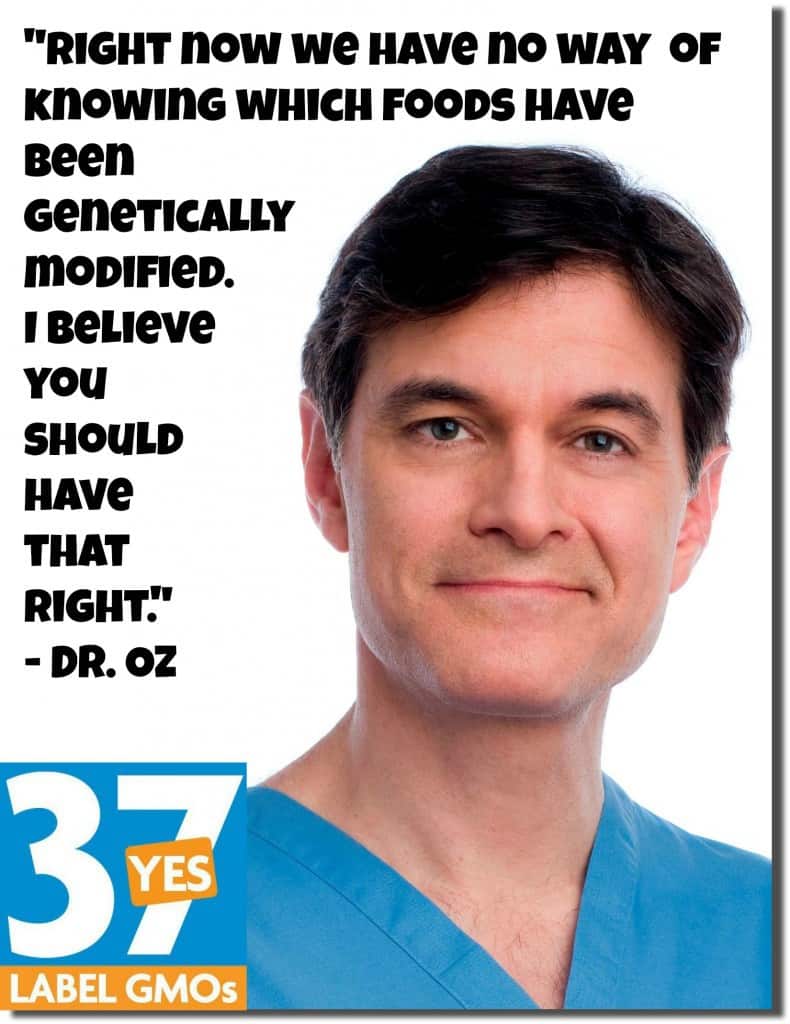
This November, for the first time in America, California’s Proposition 37 will allow the people to vote on whether or not foods should be labeled as genetically modified (GMOs).
An online poll of Oz viewers revealed that 91% of Dr. Oz fans would prefer non-GMO foods if given the choice.
Dr. Oz said that there are no long-term studies that have been done on the effects of GMO foods on humans, and therefore, he recommends that we avoid GMOs.
Oz said that if we want to be safe, we should go organic.
He told viewers to look for the following seals on food labels:
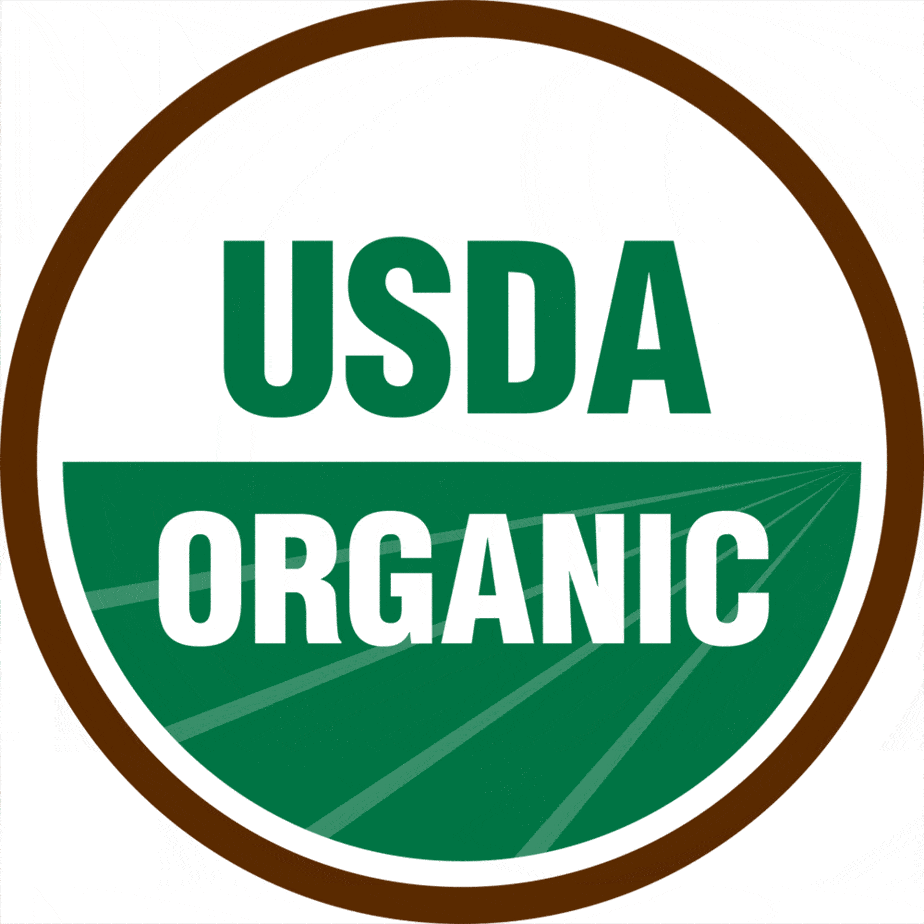
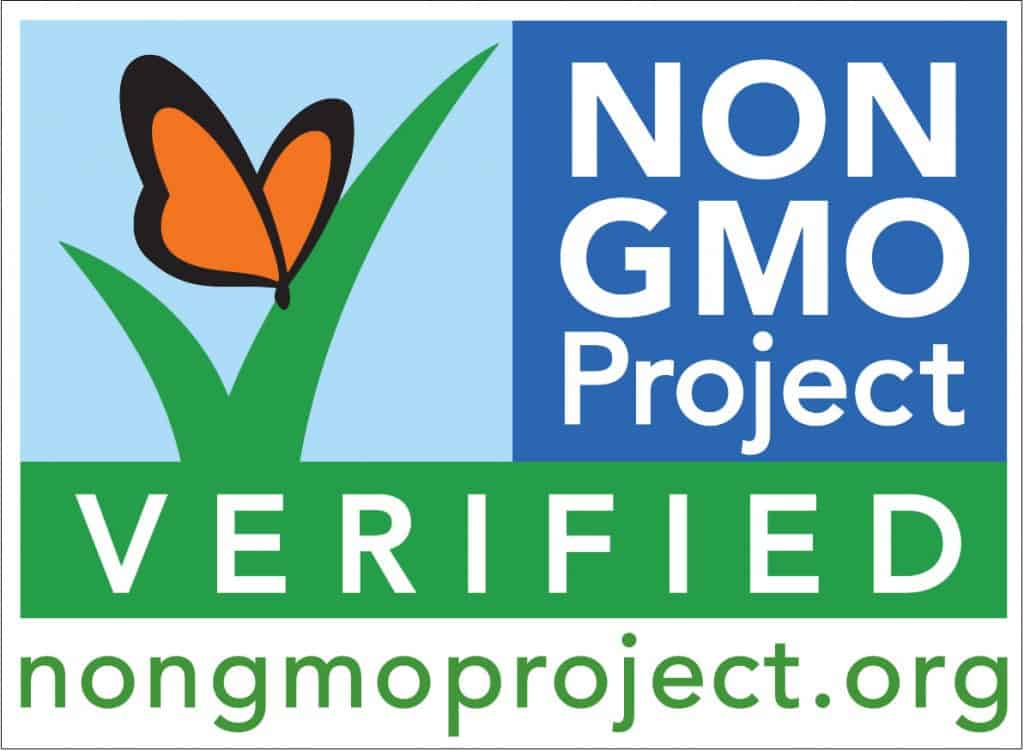
Dr. Oz said that if your food is not labeled “organic,” you should avoid buying food from the following five crops: canola, corn, papaya, soy, and sugar beets.
Watch the Video
UC Davis Scientists Funded by Biotech
Dr. Oz had two scientists from UC Davis on his show. Martina Newell-McGloughlin, Director of Life and Health Sciences Research at UC Davis Office of Research and Alison L. Van Eenennaam, Ph.D.
OK, so let’s ask this question. Who funds UC Davis?
You guessed it. Biotech firms including Syngenta, Dupont and Monsanto.
The same chemical corporations who donated over $30 million to the No on Prop 37 campaign, money that is being used to blanket California TV with anti-Prop 37 ads to the tune of over $1 million per day.
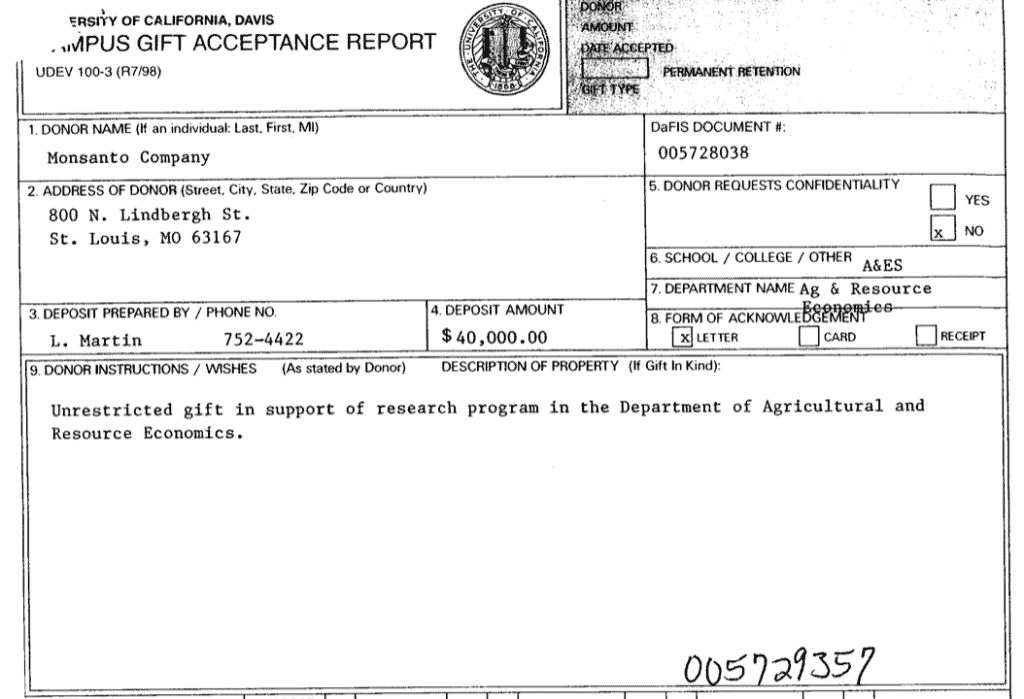
Click here to download Monsanto’s letter to UC Davis and other documents.
According to the Sacramento Bee:
A “who’s who” of international biotechnology companies fund work at UC Davis. They include Monsanto, Syngenta, DuPont and Bayer. Some grants pay for specific research, but many arrive with no official strings attached. Whatever the form, the companies get something in return – access to the university’s talent pool and, often, first crack at its scientific breakthroughs.
“The public is having a hard time figuring out where the corporate door ends and where the university door begins,” said Bill Liebhardt, former director of the UC system’s sustainable farming program, which promotes nonindustrial farming methods.
Small farmers — the very people agricultural colleges like UC Davis were established to help — feel neglected. “The university is being led by industry,” said Judith Redmond, co-owner of Full Belly Farm, an organic vegetable farm in Yolo County. (Source: Sacramento Bee)
What About the Cost of GMO Labeling to Consumers?
Gary Hirshberg, former CEO of Stonyfield Yogurt, was also on the show. Hirshberg says that the No on 37 argument that labeling will put a financial burden on consumers is a “diversionary tactic”.
Hirshberg calls it a non-issue, quoting an Emory University Study (download it here) that shows that labeling GMOs would cost consumers less than $1 per year per person.
Assuming that all producers pass on the entire one -‐ time expense of redesigning labels, average prices in these food categories would increase by 0.03% in order to offset the average one-‐time expense of redesigning labels of $1,104.43. If prices increased by 0.03%, California household expenditure for these food categories would only increase by 67 cents ($2,237*0.0003). (Source: Emory University — read more here)
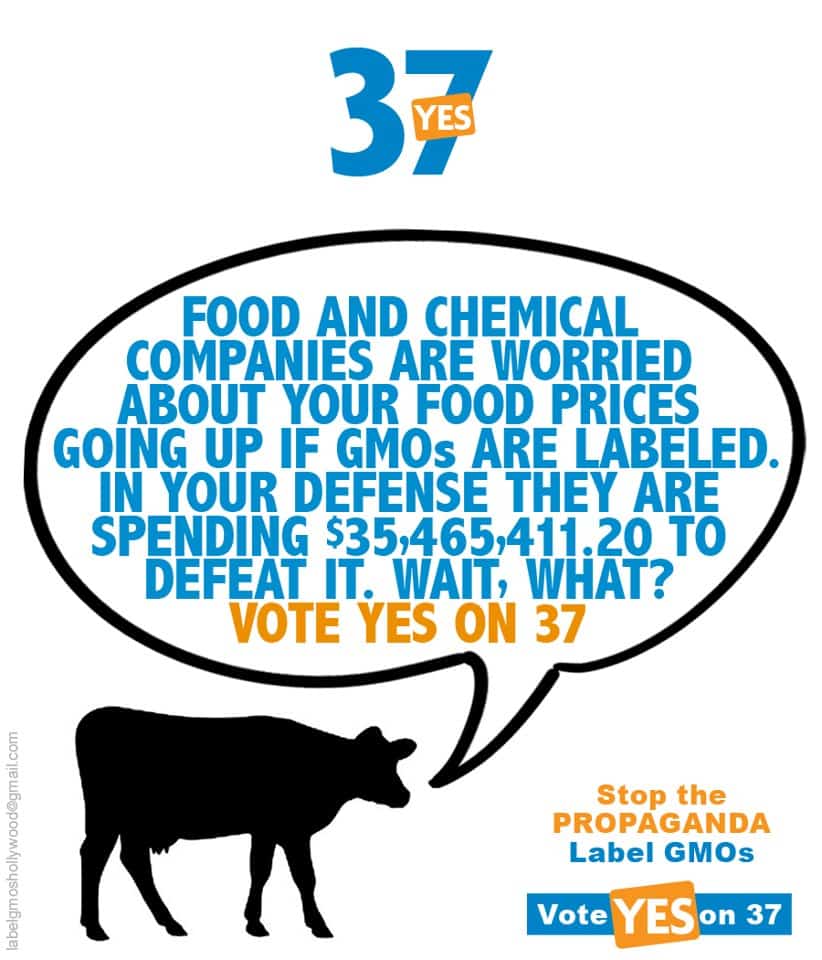
Do You Think We Should Label GMOs?
What do you think? Should GMOs be labeled, yes or no?
Do you eat organic and avoid GMOs, as Dr. Oz recommends?
Please share your thoughts in the comments below.
If you agree that we should label GMOs, please share this post on Facebook and Pinterest, and tell your friends and family in California to vote YES on Prop 37!
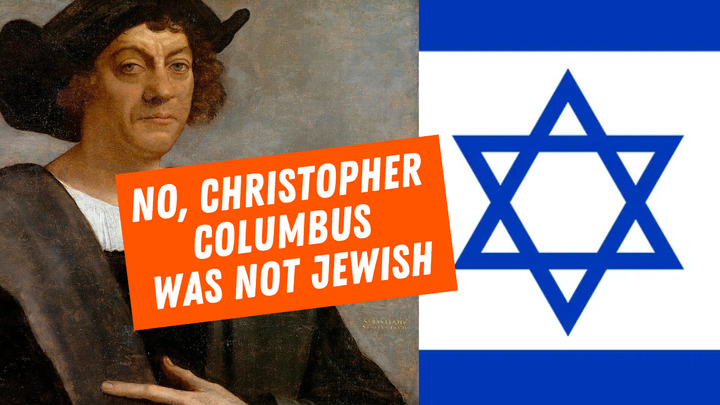
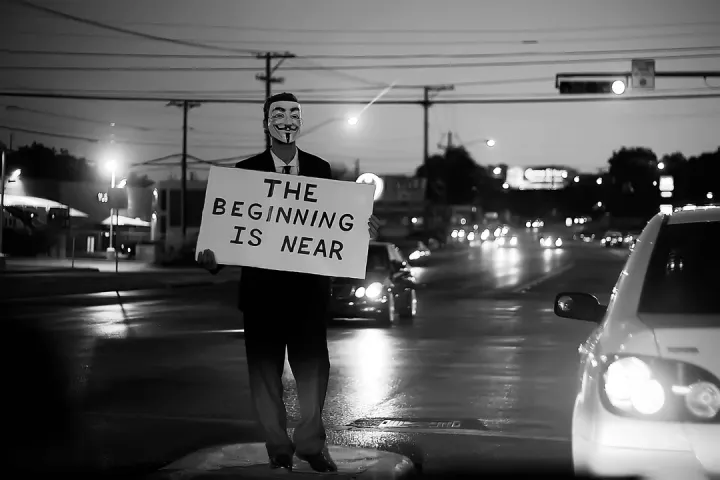
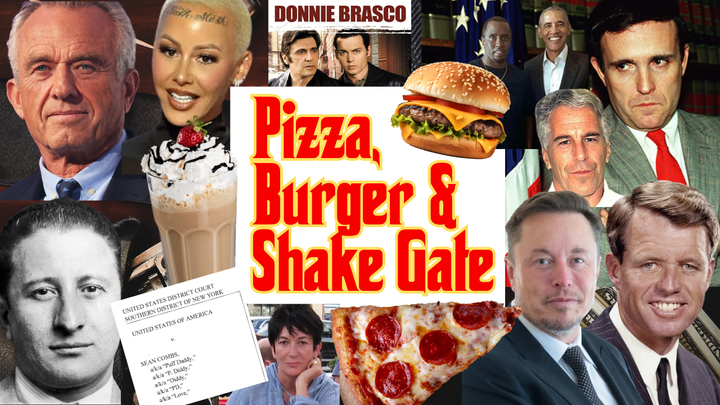
Comments ()